Thinking About Buying a Villa or Condo in Phuket? Phuket Real Estate FAQ’s You May Be Asking!
Whether you’re investing, relocating, or searching for your dream holiday home in Phuket, it’s natural to have plenty of questions. This Phuket real estate FAQ answers the most common queries buyers ask, from ownership rules to costs, taxes, and investment potential, so you can purchase with confidence.
Browse Phuket Properties for Sale
1. The Most Common Phuket Real Estate FAQ: Can foreigners buy property in Phuket?
Yes, but with certain rules. Foreigners can own condominiums on a freehold basis (up to 49% of the total floor area in any development) and can also lease land or villas on a long-term leasehold (commonly 30 years, renewable).
Tip: Buying a foreign freehold condo offers the simplest and most secure form of direct ownership.
2. What’s the difference between leasehold and freehold?
- Freehold = permanent condo ownership. For foreigners, usually applies to condos within the 49% quota.
- Leasehold = long-term rental rights (usually 30 years) that may be renewed or extended. Common for villas and landed houses. Some buyers do condo leaseholds too, for specific reasons.
Both can be resold or transferred, but freehold titles are generally more attractive to investors. Entering a lease contract for villas requires expert legal advice.
3. What are the costs involved in buying property in Phuket?
Beyond the purchase price, you should budget for:
- Transfer fee (2% of registered value)
- Stamp duty or specific business tax (depending on seller’s circumstances)
- Legal fees for due diligence and contract review
- Furniture packages (if not included)
Generally, all costs are split 50/50 between the buyer and the seller. We recommend reviewing our guide to Hidden Costs of Buying a Property in Phuket.
4. Are there property taxes in Phuket?
Thailand’s Land and Building Tax applies, but for most residential owners it’s minimal, often just a few thousand THB per year.
There’s no annual council tax like in many Western countries.
5. Can I rent out my Phuket property?
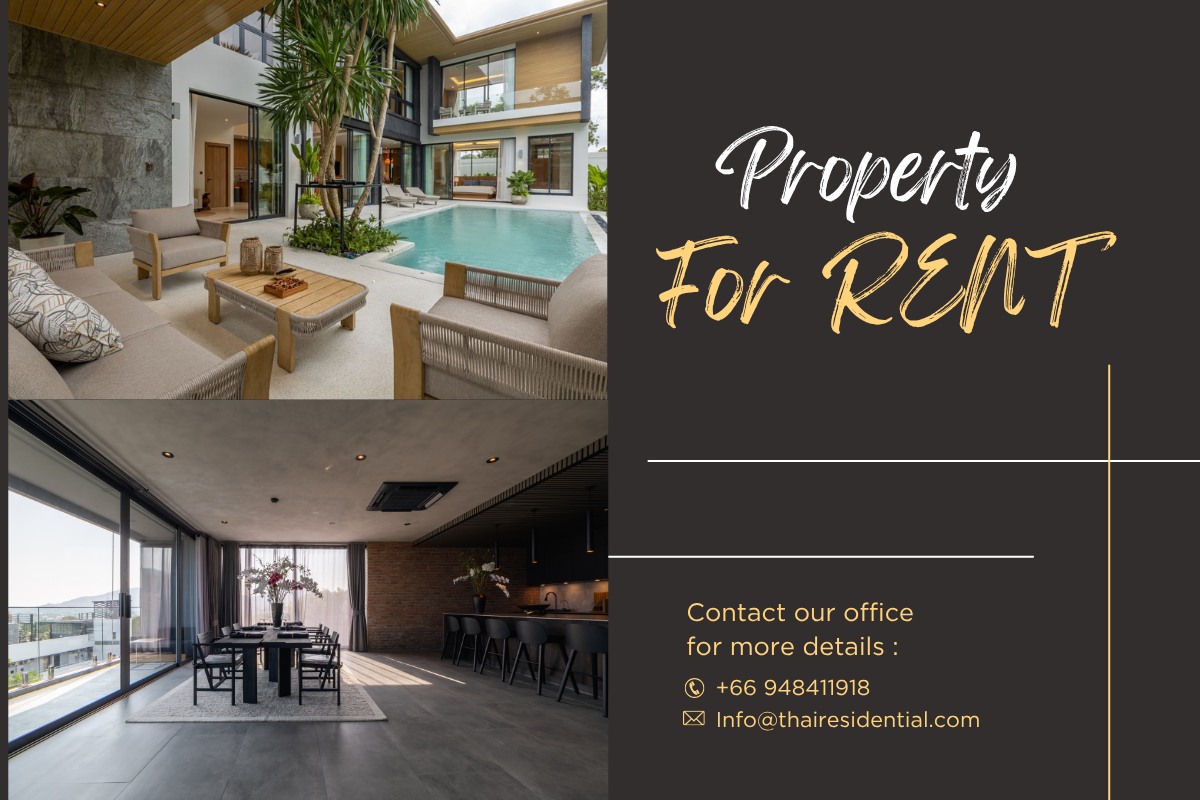
Yes, but rules differ for short- and long-term rentals:
- Long-term (30+ days): Allowed without special licensing.
- Short-term (daily/weekly): Requires a hotel license and compliance with zoning rules. Villas with under a certain number of rooms may come under an exception.
Many condo developments, especially branded residences and condotels already have rental management services in place.
6. How do I find a trusted real estate agent in Phuket?
Look for:
- Proven track record
- Proper business licensing and work permits
- Strong local market knowledge
- Legal compliance and transparency
Thai Residential has over 25 years of Phuket property experience and is legally adept – protecting buyers at every step.
Phuket’s Number One Most Trusted Real Estate Advisor
7. Another Common Phuket Real Estate FAQ: What areas are best for investment?
- Rawai & Nai Harn – Best value villas at present and strong expat community.
- Chalong – Family-friendly with easy school access.
- Bang Tao & Laguna – High-end resorts, popular for short-term rental yields.
- Kata & Karon – Tourism-driven with good rental demand.
Explore our Phuket Property Area Guide for detailed comparisons.
You can also explore villas and condos for sale in Phuket here:
8. How does the buying process work in Phuket?
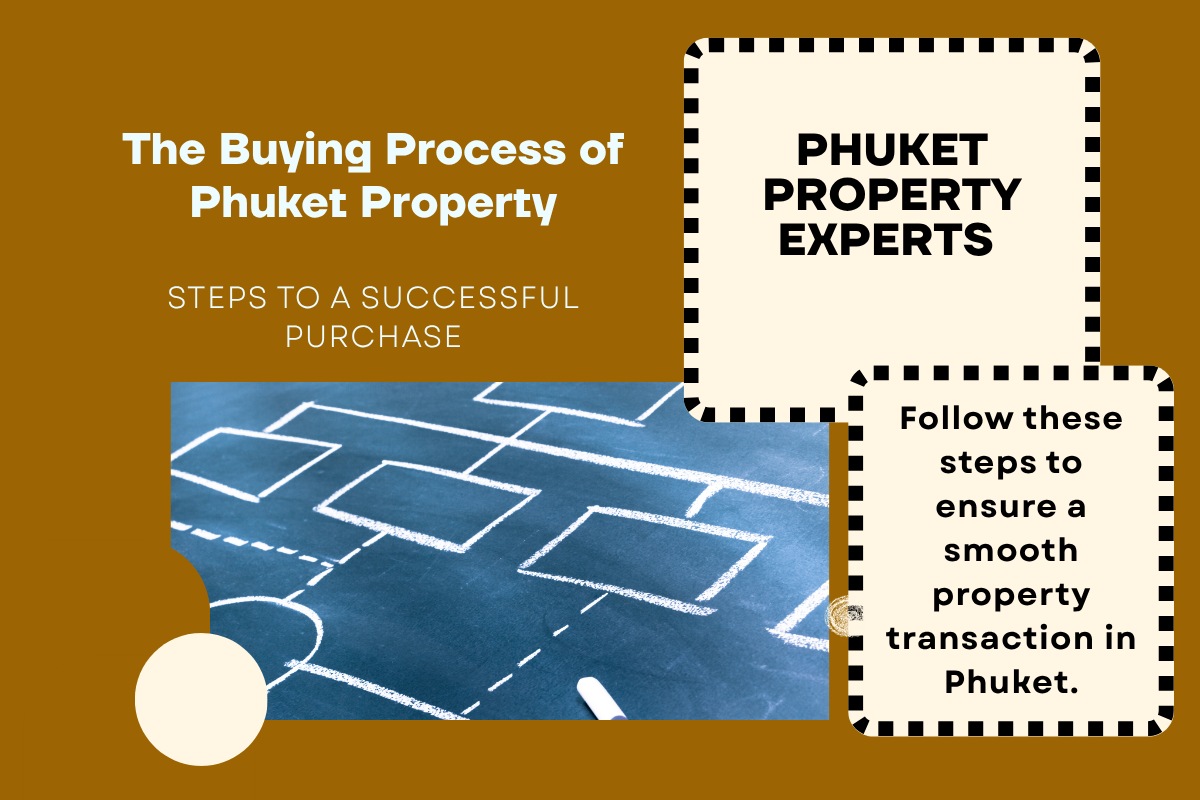
- Choose your property and make an offer.
- Sign a reservation agreement and pay a deposit (sometimes it may be necessary to consult a lawyer first).
- Lawyer conducts due diligence.
- Final Sales & Purchase Agreements signed.
- Transfer of ownership at the Land Office.
Typical timeframe: 30-60 days, but resale condos can be much quicker.
9. An essential Phuket real estate FAQ: Are there restrictions on owning land?
Foreigners cannot directly own land in Thailand.
Options include:
- Long-term leasehold (likely to be the most common from 2025 onwards)
- Setting up a Thai company (can be risky, should only be done with expert legal guidance)
- BOI-approved investment projects (rare)
10. How do I transfer money into Thailand for a property purchase? A Very Important Phuket Real Estate FAQ!
Funds must be sent via international bank transfer in foreign currency and recorded with a Foreign Exchange Transaction Form – essential for registering freehold condo ownership.
However, all incoming transactions for every type of purchase should be recorded.
11. Can I buy property off-plan in Phuket?
Yes, it’s a popular choice for many buyers. This comes up as a commonly asked Phuket real estate FAQ, due to there being both advantages and risks.
Advantages: Lower entry price, brand new unit, flexible payment terms.
Risks: Project delays or developer issues, so due diligence is vital.
12. How long does the transfer process take after signing the Sales & Purchase Agreement?
If paperwork is ready and funds are cleared, transfers can be completed in as little as a few days, but might take up to 30 days. Complex cases may even take a little longer.
Final Thoughts
Buying property in Phuket is straightforward when you have accurate information and expert guidance. This Phuket real estate FAQ should answer your biggest questions, but every buyer’s situation is unique.
Other areas of importance not included in this Phuket real estate FAQ can be found in our renowned Phuket Property Guide:
Phuket Property Guide: Everything You Need to Know
Ready to Start Your Phuket Property Journey?
Whether you’re looking for a sea-view condo in Kata, a luxury villa in Rawai, or a high-yield investment in Bang Tao, we’ll guide you every step of the way.
Get in Touch | Call Now On: +66 9484 11918
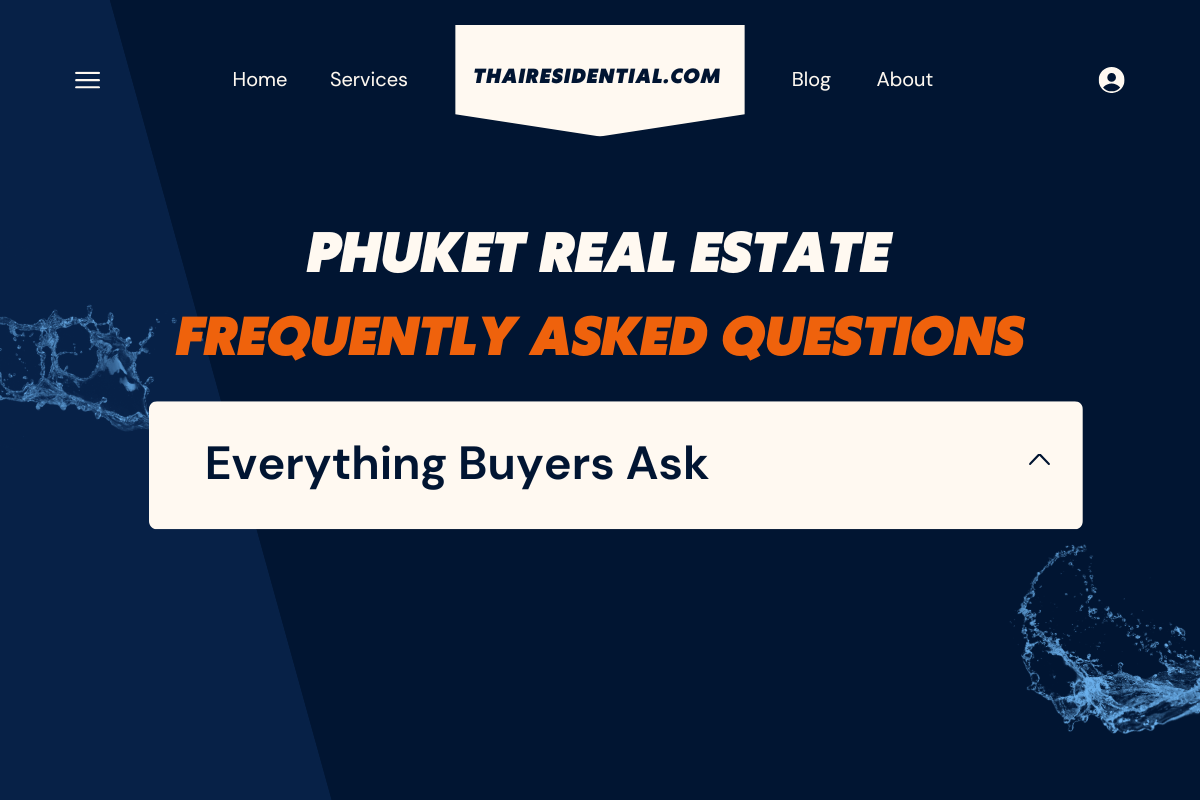

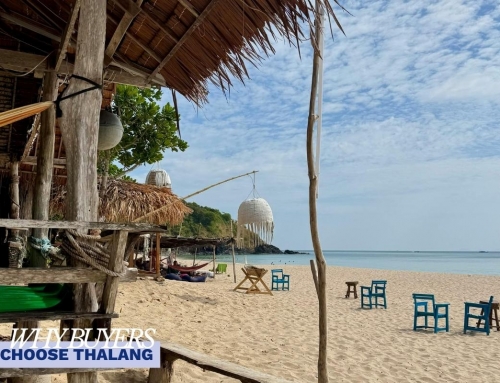
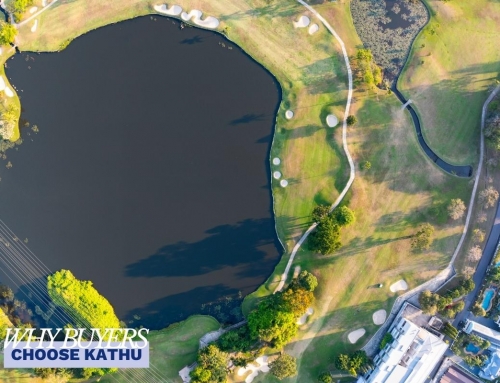

Social Contact